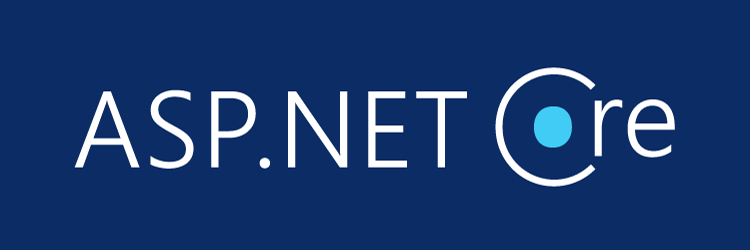Since its early versions, ASP.NET Core has established itself as one of the most performant frameworks for building web applications and API services. Its modular architecture, heavy use of asynchronous programming, and continuous runtime optimizations have made it the go-to choice for microservices, high-concurrency applications, and real-time systems.
With ASP.NET Core 9, Microsoft continues this tradition by introducing a fresh wave of optimizations — many of which are specifically tailored to Minimal APIs. The result is a smoother development experience, faster HTTP response handling, and more efficient resource usage — all key factors for developers working in cloud-native, serverless, or containerized environments.
Under-the-hood optimizations
The performance improvements in ASP.NET Core 9 stem from targeted refinements at several levels of the web infrastructure.
Here are the key areas of enhancement:
- Routing Engine – The routing engine has been rewritten for faster pattern matching, even with a large number of dynamic endpoints.
- System.Text.Json – The JSON serializer has received significant upgrades in how it handles complex objects and reduces memory allocations.
- Memory pooling – ASP.NET Core 9 puts less pressure on the Garbage Collector by reusing buffers and managing temporary objects more efficiently.
- Minimal Middleware – The Minimal API pipeline is leaner: less overhead, fewer middleware hops, and faster request processing.
Practical example: faster JSON serialization
One of the most tangible improvements involves System.Text.Json. Here's an example of an endpoint that returns a list of complex objects:
|
1 2 3 4 5 6 7 8 9 10 11 |
app.MapGet("/products", () => { var result = Enumerable.Range(1, 1000).Select(i => new ProductDto { Id = i, Name = $"Product {i}", Price = Math.Round(Random.Shared.NextDouble() * 100, 2) }); return Results.Json(result); // more efficient in .NET 9 }); |
In ASP.NET Core 9, the Results.Json() method benefits from internal improvements that reduce buffer allocations
and increase overall throughput when serializing large sets of data.
Route processing optimizations
In scenarios with hundreds of dynamically registered endpoints—such as multi-tenant APIs or REST gateways—
the new Routing Engine allows for faster, more predictable resolution.
This results in lower latency and reduced computational load per request.
Example using optimized MapGroup():
|
1 2 3 4 5 6 7 8 |
var api = app.MapGroup("/api"); api.MapGet("/users", GetUsers); api.MapPost("/users", CreateUser); api.MapGet("/products", GetProducts); api.MapPost("/products", CreateProduct); // routing stays fast even with similar patterns |
Performance in these cases is crucial for maintaining scalability and responsiveness,
especially in high-concurrency environments (e.g., public APIs or B2B systems).
Benchmark results
According to Microsoft benchmarks and third-party testing platforms (like TechEmpower), ASP.NET Core 9 delivers measurable improvements:
- 🔹 Up to +20% throughput compared to .NET 8
- 🔹 Faster cold-start times in serverless environments
- 🔹 Lower CPU and memory usage under high concurrency
These results reinforce ASP.NET Core’s status as one of the fastest web frameworks in the world,
especially when paired with the Minimal API approach.
Conclusion
ASP.NET Core 9 doesn't just add new features—it continues to refine the development experience through
deep optimizations that make Minimal APIs even lighter, faster, and more efficient.
Whether you're building a cloud-native microservice, a serverless backend on Azure Functions,
or a high-concurrency REST gateway, ASP.NET Core 9 is ready to deliver maximum performance
without sacrificing simplicity.
Performance without compromise, powered by the flexibility of Minimal APIs.

